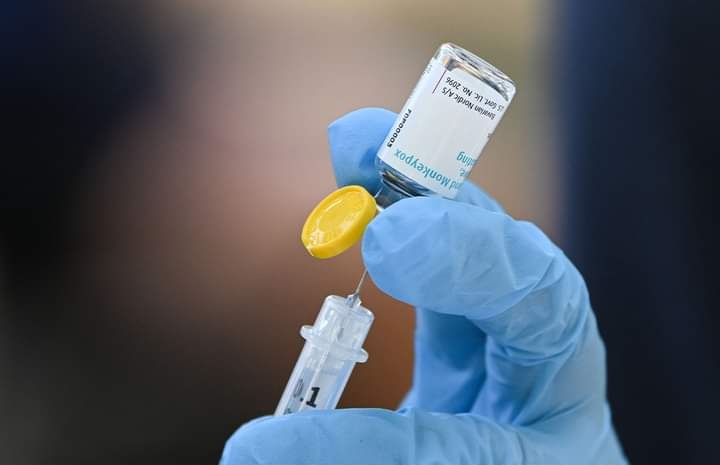Aspen Pharmacare, one of Africa’s largest pharmaceutical manufacturers, is gearing up to take a pivotal role in combating the mpox outbreak that has swept across the continent. The company’s Chief Executive Officer, Stephen Saad, revealed on Tuesday that discussions are underway with potential partners to begin manufacturing mpox vaccines at Aspen’s facilities, though he stopped short of naming any specific companies involved.
“We are speaking to people,” Saad said in an interview with Reuters. “We have the capacity and the capability to make the mpox vaccine, and we’re comfortable that we can manufacture the product,” he added, signaling the company’s readiness to tackle the growing health crisis.
The announcement comes on the heels of the World Health Organization’s declaration of an international emergency in response to the mpox outbreak in Africa. This outbreak has been exacerbated by a new variant of the virus that first emerged in the Democratic Republic of Congo. The situation has become dire, with the Africa Centers for Disease Control and Prevention (Africa CDC) reporting over 22,800 mpox cases and 622 deaths across 13 African countries this year alone.
The gravity of the outbreak has intensified calls for vaccine donations and increased manufacturing efforts to curb the spread of the virus. Aspen’s potential involvement in vaccine production could be a game-changer for the continent, which has historically struggled with limited access to critical vaccines during health crises.
Aspen’s entry into mpox vaccine manufacturing, however, is not without caution. The company has learned valuable lessons from its experience with COVID-19 vaccine production. Despite gearing up to produce millions of doses of COVID-19 vaccines, Aspen found itself with excess capacity as global demand failed to materialize as expected. To avoid a repeat of this costly situation, Saad indicated that Aspen has set two preconditions before fully committing to mpox vaccine production, although he did not elaborate on what these preconditions entail.
The potential for Aspen to play a leading role in the fight against mpox underscores the importance of local vaccine manufacturing in Africa, particularly in responding to public health emergencies. With the continent facing an increasing burden from infectious diseases, the ability to produce vaccines locally could greatly enhance Africa’s health security and reduce its dependency on international donations.
As talks continue, the focus remains on ensuring that any vaccine production aligns with both the immediate needs of the outbreak and the long-term sustainability of Aspen’s operations. The pharmaceutical giant’s readiness to manufacture the mpox vaccine marks a significant step forward in Africa’s battle against the virus, offering hope that the outbreak can be contained and future epidemics can be managed more effectively.
In a continent where healthcare challenges are often compounded by limited resources, Aspen Pharmacare’s move to manufacture mpox vaccines could represent a crucial turning point in the region’s ability to respond to emerging health threats.




